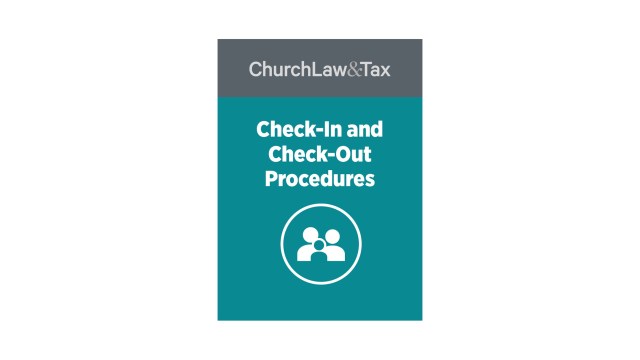• Key point. Minors who are sexually molested by church workers may not sue their church after the statute of limitations has expired. Generally, the statute of limitations begins to run on a minor’s 18th birthday. In some states the statute of limitations does not begin to run until an adult survivor of child sexual molestation “discovers” that he or she has experienced physical or emotional suffering as a result of the molestation. Other states do not recognize this so-called “discovery rule.”
• The Supreme Court of Alabama ruled that the statute of limitations prevented an adult from suing a church for damages he allegedly suffered as a minor when he was molested by a priest. The victim claimed to have been molested by the priest from 1974 through 1979. He asserted that he was unaware that his emotional problems were associated with the abuse until he met with a counselor in 1993. He filed a lawsuit within the next year-some fifteen years after the last act of abuse. The victim sued the church, claiming that it was responsible for his injuries on the basis of negligent hiring and supervision of the priest, and breach of a fiduciary duty. The statute of limitations on such claims is two years under Alabama law, beginning when the victim reaches age eighteen. Since that period had long expired before the victim filed his lawsuit, he claimed that the statute of limitations should be suspended until 1993-when he first became aware that his problems resulted from the abuse. The victim insisted that he suffered from a “post traumatic stress disorder” that caused him to repress all memory of the abuse until he saw a counselor in 1993. A court refused to suspend the statute of limitations, and ruled that the victim’s claims against the church had to be dismissed since they were filed too late. It began its opinion by noting that “the controversial question of repressed memory of childhood sexual abuse has been the subject of numerous studies” and that a review of these studies “leads to one conclusion-there is no consensus of scientific thought in support of the repressed memory theory.” The court acknowledged that “insanity” may suspend the statute of limitations in some cases, but it rejected the victim’s claim that his post traumatic stress disorder and repressed memory qualified as insanity. The court noted that most other courts have reached this same conclusion. The court observed:
At its core, the statute of limitations advances the truth-seeking function of our justice system, promotes efficiency by giving plaintiffs an incentive to timely pursue claims, and promotes stability by protecting defendants from stale claims. The essence of the [victim’s] claim is that plaintiffs should be able to [suspend the statute of limitations] in any situation where they can demonstrate an inability to comprehend a specific legal right, or to recall events that happened many years before, notwithstanding the fact that they have been capable of living an independent, normal, and productive life as to all other matters. Such an expansive interpretation would undermine the purpose of the statute of limitations.
The court noted that allowing alleged victims to sue for incidents of child abuse many years after the statute of limitations ordinarily would have expired would put them “in subjective control” and raise the risk of allowing persons to “assert stale claims without sufficient justification or sufficient guaranties of accurate fact-finding.” Travis v. Ziter, 681 So.2d 1348 (Ala. 1996). [Seduction of Counselees and Church Members, Negligence as a Basis for Liability]
© Copyright 1997, 1998 by Church Law & Tax Report. All rights reserved. This publication is designed to provide accurate and authoritative information in regard to the subject matter covered. It is provided with the understanding that the publisher is not engaged in rendering legal, accounting, or other professional service. If legal advice or other expert assistance is required, the services of a competent professional person should be sought. Church Law & Tax Report, PO Box 1098, Matthews, NC 28106. Reference Code: m67 m86 c0397



